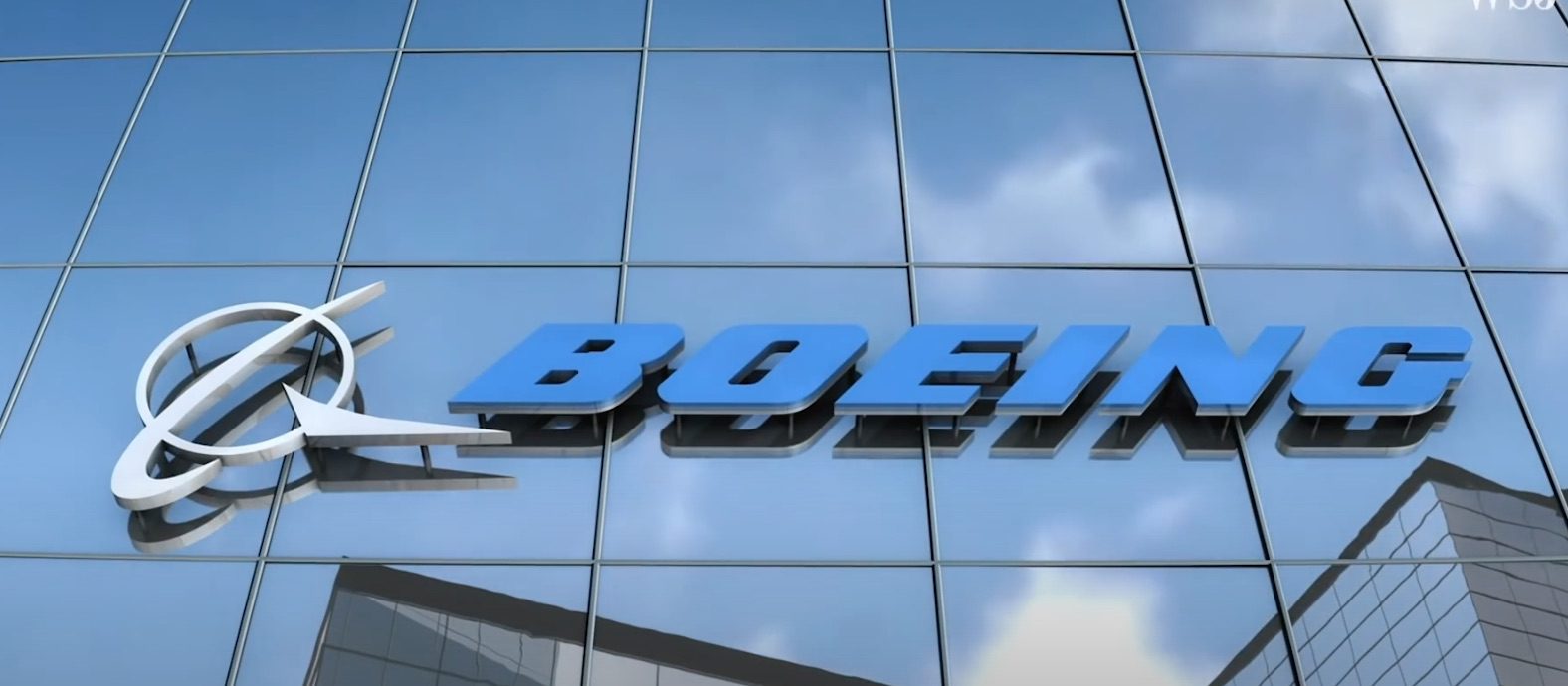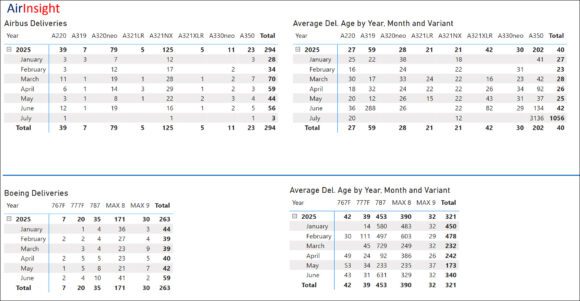
Boeing Building
There’s an old adage that people who live in a glass house shouldn’t throw stones. Earlier this week, Boeing complained to the European safety regulator (EASA) about the potential safety of the additional fuel tank of its competitor’s forthcoming Airbus A321XLR. This was apparently an effort to slow the competing program as Boeing prepares its MAX 10 for certification and contemplates a new mid-market airplane (NMA). Apparently, since Boeing’s current offerings aren’t good enough to compete with the A321, which is outselling its competitor by a 5:1 margin, the company is attempting to delay the Airbus program until it can launch a competing program.
Coming from a company that purposely, and potentially criminally, hid a flawed system in its 737 MAX that resulted in the loss of 346 lives, this is clearly a situation of “the pot calling the kettle black.” Inappropriate is too mild a word to describe what appears to be desperate behavior by a company that should know better than to question regulators about safety. Boeing is in no position to be telling anyone about safety, except perhaps its engineers.
Boeing may be upset that EASA was appropriately tough during its review of the MAX, and the required flight management system changes that Boeing hoped wouldn’t be necessary. But so was Transport Canada and even the FAA, after being embarrassed by “Jedi mind tricks” used by Boeing to persuade the FAA that their misclassification of a flight-critical system was appropriate.
But weighing in on someone else’s certification, when the 777-X certification is forthcoming, might not be the most appropriate action to take, especially since the fuselage of the 777-X failed during pressure tests. If Boeing thinks EASA was tough earlier, just wait. Karma can be instant or delayed, but its seeds planted do always seem to grow.
Boeing and Airbus have had their World Trade Organization (WTO) disputes in which each side has won, and lost. The US and EU have had some policy disagreements on tariffs. But this action, rather than working towards more harmony, has had the opposite effect.
Whether the company admits it or not, the fact is that BCA is failing. The 737MAX program has lost its momentum and has seen a massive reduction in its order book. It will likely never reach the planned 60 per month production levels nor remain competitive with the A320neo family from Airbus. The 787 program, after nearly a decade in service, is still suffering from quality issues and recalls, and will likely never be profitable. The KC-46 tanker program still can’t meet specifications, and the boom system – the key element for a refueling airplane – still doesn’t work properly. And the 777-X, which should now be in service per its original schedule, is three years late, and over budget, with falling market demand.
Boeing management has failed to make a decision on a competitor to the A321 for the last five years and is still vacillating on a decision. This is an organization that no longer can accomplish the fundamentals of building safe and reliable airplanes, with safety groundings of its two most popular models within six years, after the industry hadn’t seen a grounding in 43 years.
Rather than focusing on its own shortcomings, Boeing’s management apparently believes that by attempting to undercut its competitor, it can buy time to produce a competitive response to an aircraft that it cannot effectively compete with today. The priorities at the most senior level at Boeing are backward, and it is time for a new CEO with the authority to change the culture of Boeing back to an engineering, rather than stock-price driven company that effectively burned $43 billion in share buy-backs with no product benefit, and it now needs to borrow money. If it doesn’t happen soon, Boeing will meet the same fate as McDonnell-Douglas in the commercial aircraft business by 2040.
Views: 3




